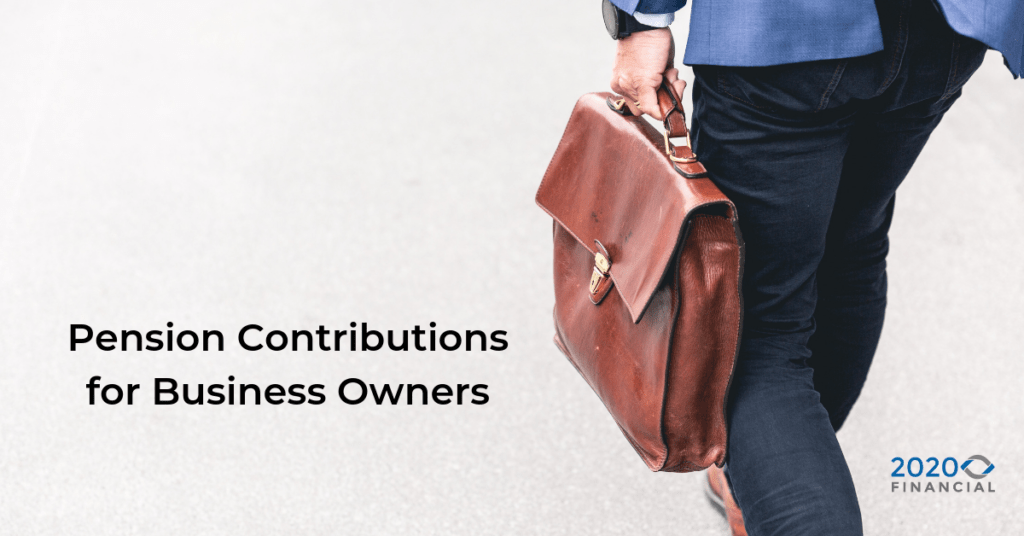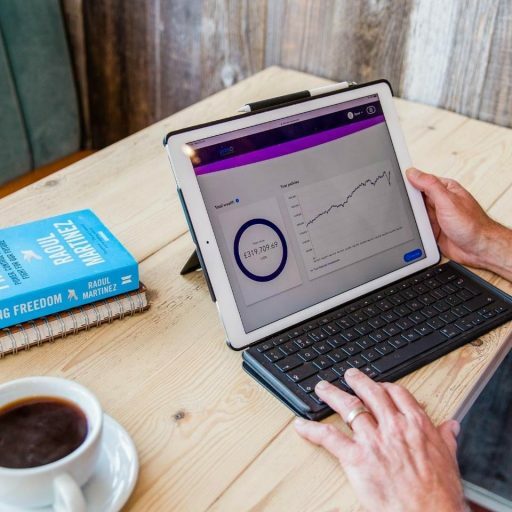
Being a business owner can be hard work, especially during the long days and late nights, so it’s good to know there are some perks at times. Whilst Pension Contributions for business owners are a legitimate tax break that could help them improve their future wealth, many self-employed business owners are missing out, and it could have serious financial implications for them in later life.
At present, just 31% of self-employed people are paying into a pension, while 67 per cent are concerned about their savings for later life.CLICK TO TWEET
Self-Employed and Sole Traders not saving for retirement
It is evident that the Self-employed are not adequately preparing for retirement. Research for IPSE (the Association of Independent Professionals and the Self-Employed) revealed that less than a third of self-employed people are saving into a pension and may hope to rely solely on the State Pension to provide for their retirement. This is a worrying statistic. Especially given that the UK state pension provision is one of the worst in the developed world and experts agree that you can’t rely on the state pension to provide a good income in retirement. For those not actively saving for retirement, they could be sleepwalking into poverty.
Lack of auto-enrolment for Sole traders
Auto-enrolment, which was introduced in stages since 2012 doesn’t apply for one-man bands, which is why so many are falling through the net. According to The Pensions Regulator, “if a director does not have an employment contract, they are not considered a member of staff and do not need to be assessed for automatic enrolment.”
Pensions as a Deductible Business Expense
Pension contributions are a completely legal, tax-efficient way of managing your company’s finances. If you’re a business owner your company can make contributions to your pension as a deductible business expense. According to Sarah Saunders, a tax manager at tax consultants RSM “The rules on the level of contributions are complex but basically, you can invest the lower of your taxable profits or earned income, up to a maximum of between £10,000 to £40,000 depending on your total income. Contributions are made net of basic rate tax, and if the person is a higher rate taxpayer the higher rate relief is obtained through their self-assessment calculation.”
Always check with your accountant to see how the rules apply to you.
Managing your tax-liability
This is not a tax loophole. The government recognised that business owners may spend years with a reduced wage as they build their business. This rule is designed to help business owners catch up with their employed counterparts. It’s a legitimate way to build your future wealth whilst managing your business’ tax liability.
Paying Family Members
If family members work in the business then they can also benefit from the company paying into their pension. If your children work for you, this can be a great way to help them save for later in life – since money paid into a pension cannot be accessed until age 55 under current rules.
Staying below the higher rate threshold with a deferred wage
As a business owner, paying into your Pension is a great way of giving yourself a pay rise whilst skill keeping yourself below the higher-rate tax threshold.
By paying money into your pension, rather than your bank account, you are simply using the business to give yourself a deferred wage to enjoy later in life.
Your Pension Options
The State Pension
You’ll need 35 years-worth of NI contributions on record to get the full new State Pension of £164.34 per week. Partial years don’t count.
You can check your State Pension estimate online to find out how many qualifying years you have. It is possible to top up your contributions for missing and/or partial years and it is worth doing so if you’re short of qualifying years – but you’re limited to last 6 years. The deadline is 5 April each year.
Ordinary Personal Pension
Ordinary personal pensions or defined contribution plans are offered by most large pension providers – you can pay in lump sums or regular amounts and charges will vary from provider to provider as will your investment options.
Self-Invested Personal Pension
SIPPs are similar to personal pensions but give you more control as to how your money is invested. Full SIPPs that allow you to invest in property can carry higher charges but deferred SIPPs can be much cheaper to run. Either way, you should shop around and ideally get advice from an independent financial adviser or planner.
NEST
At a basic level, NEST is a workplace pension set up by the Government which you can join if you are self-employed or the sole director of a company that doesn’t employ anyone else. The NEST pension scheme offers a simple pension but with less flexibility than a pension fund from a pension provider.
Automate your saving
UK savings are at their lowest levels. Remember, saving tends to work best when we don’t have to think about it. Automating your pension contributions will ensure that you pay yourself regularly.
If you’d like to talk to us about pension contributions for business owners and the tax savings you could make, schedule a free introductory call



